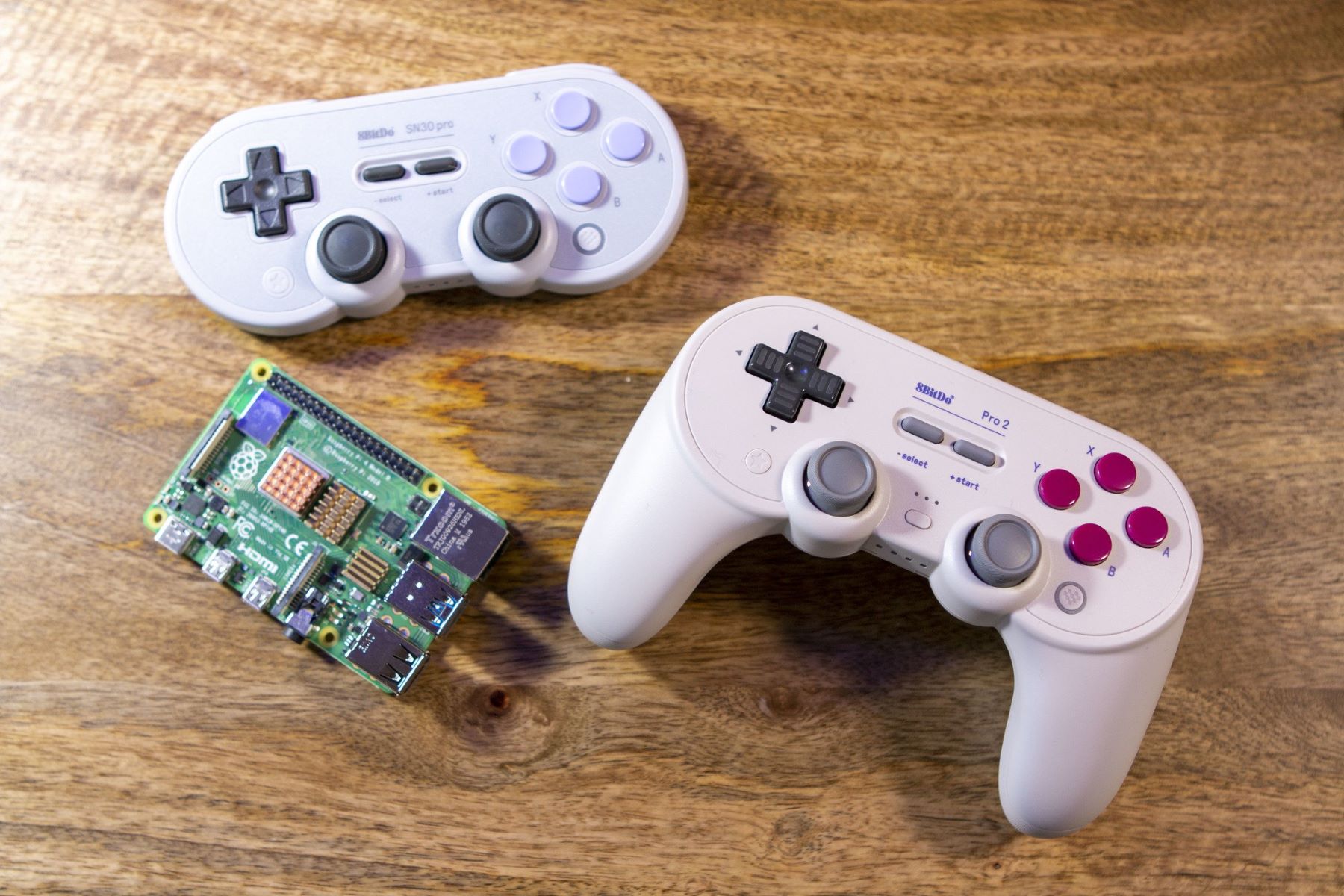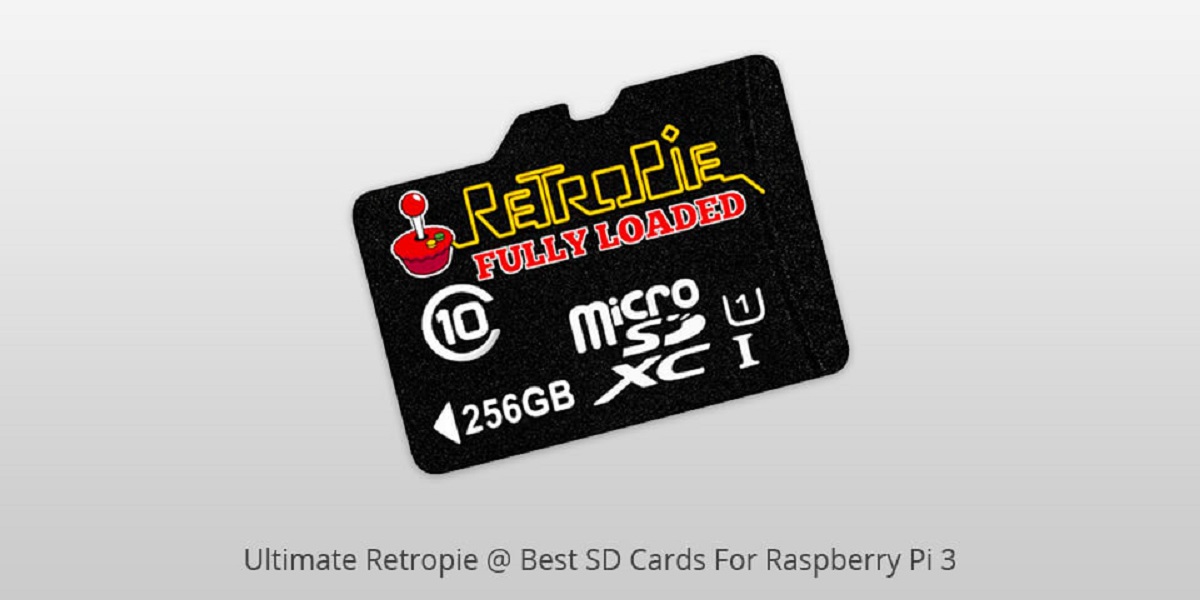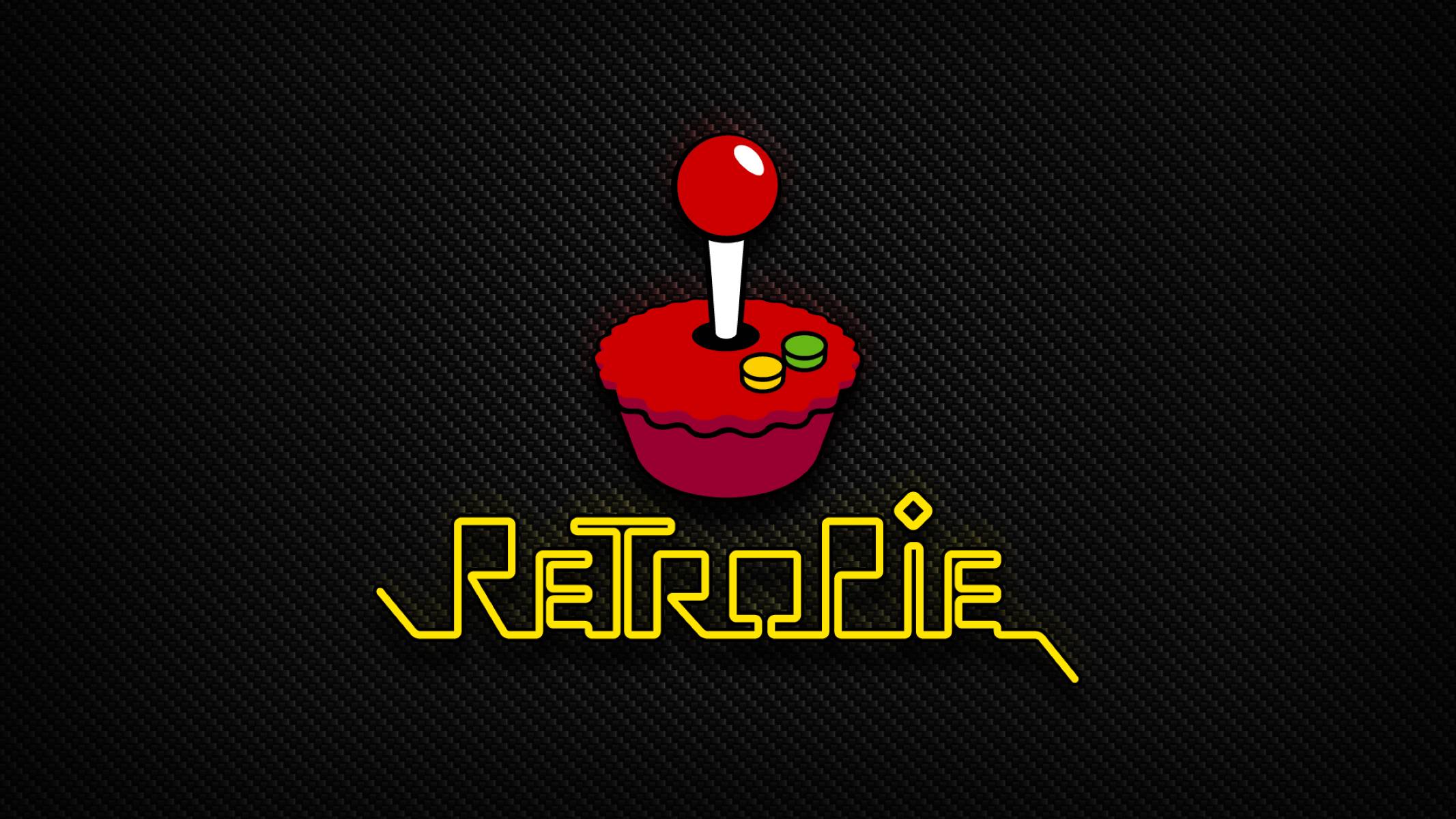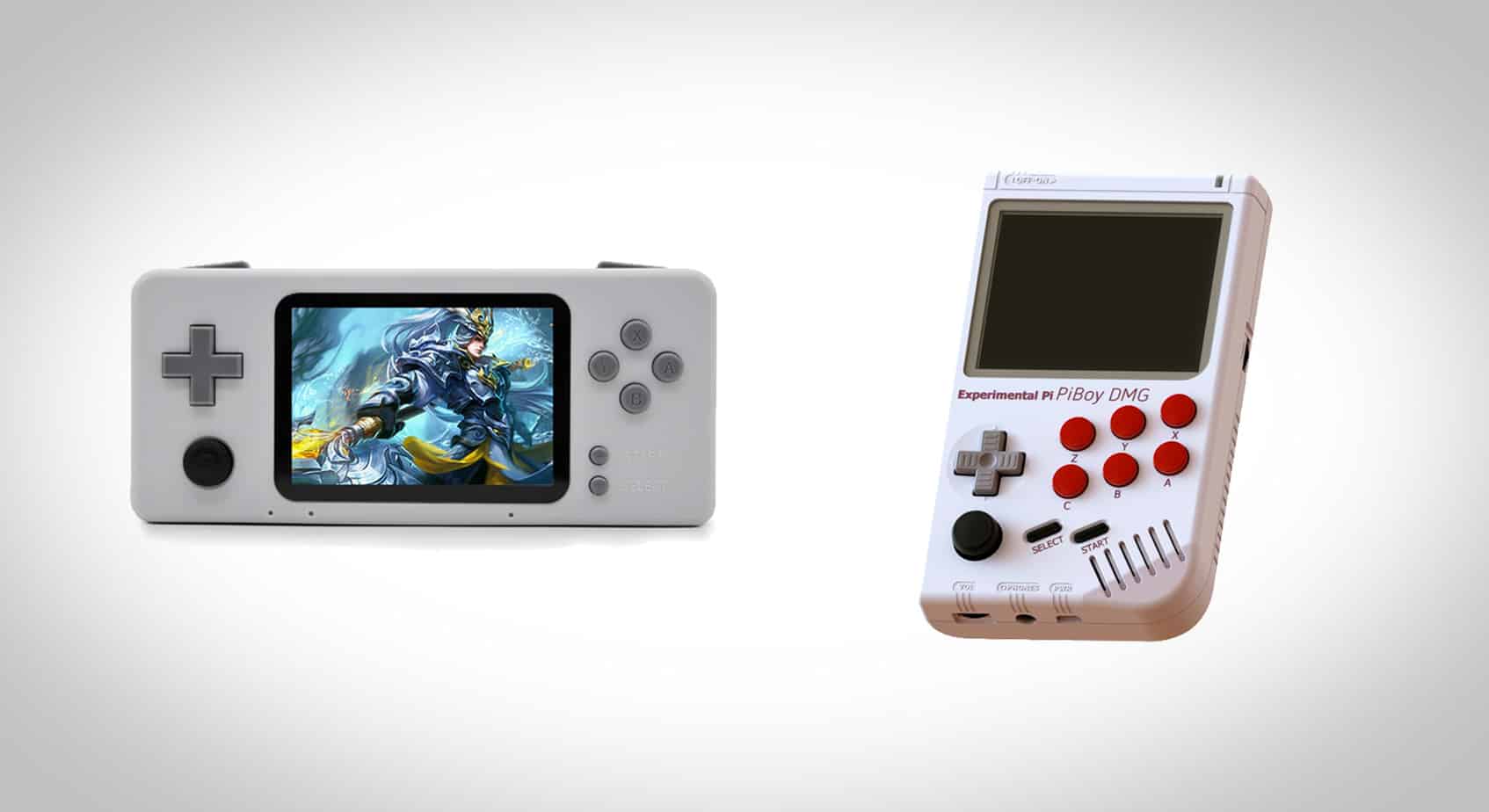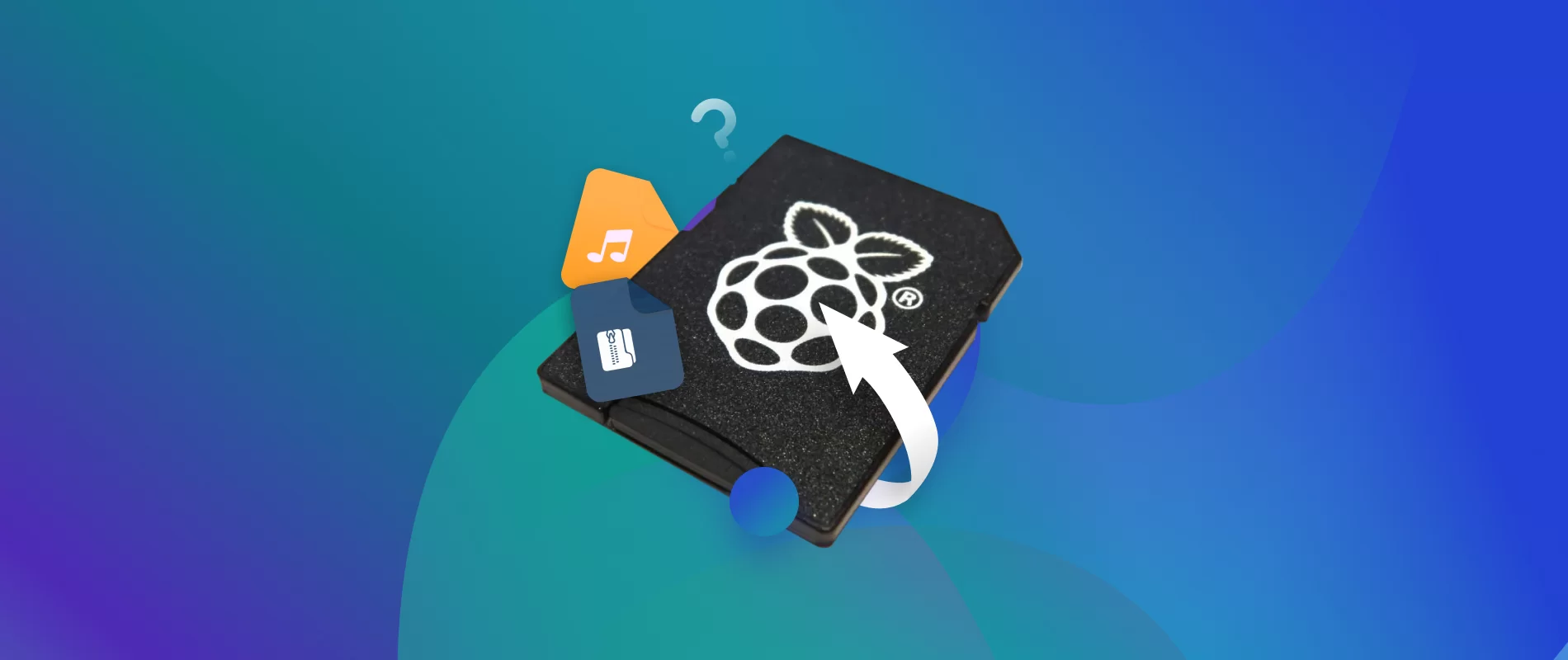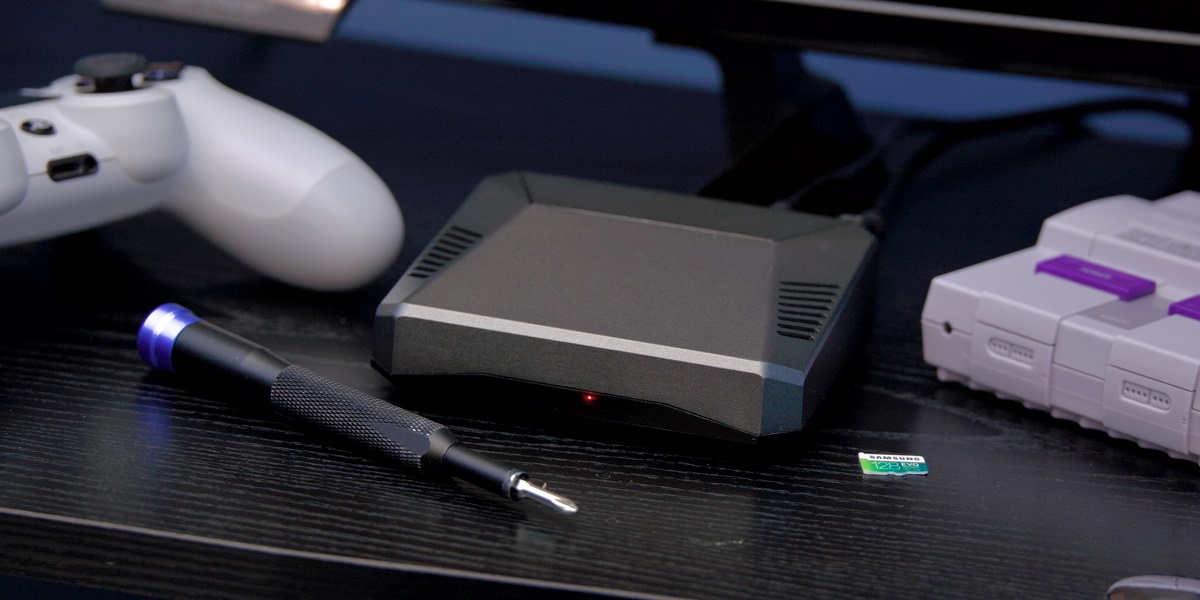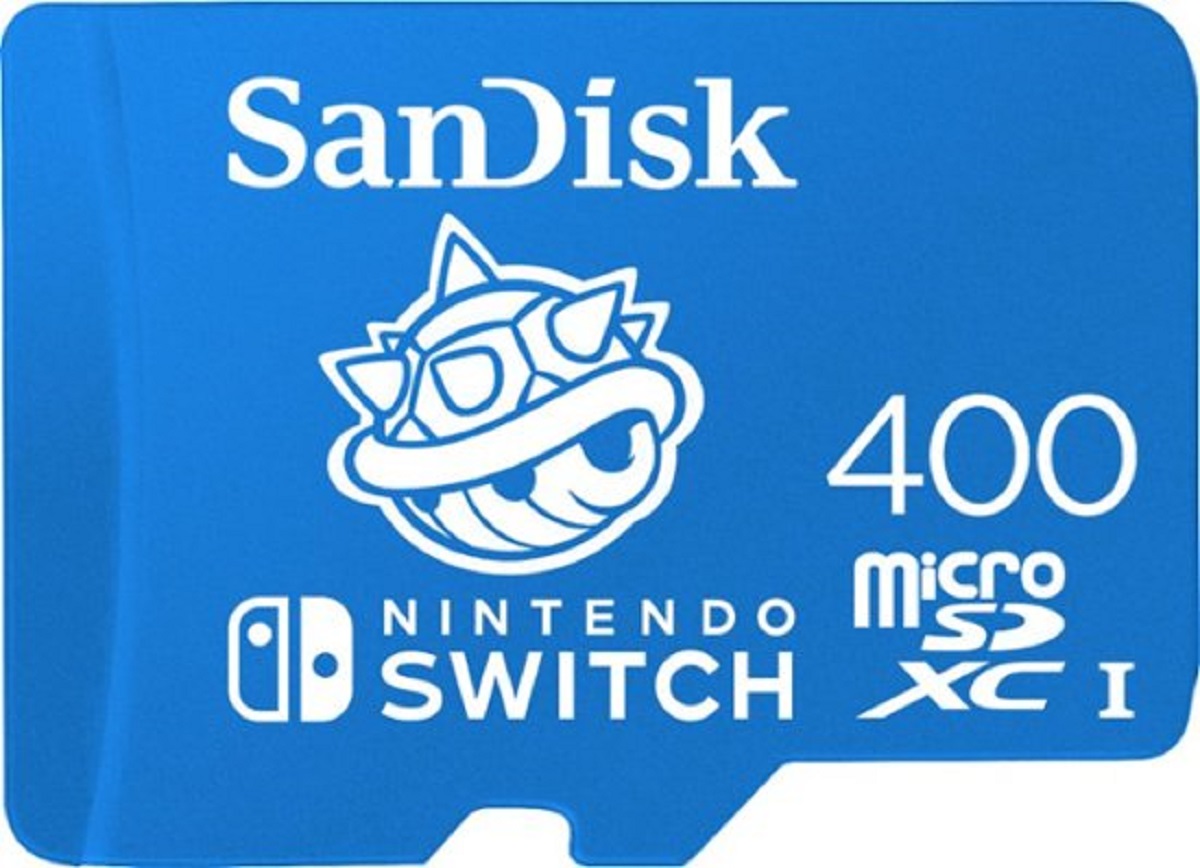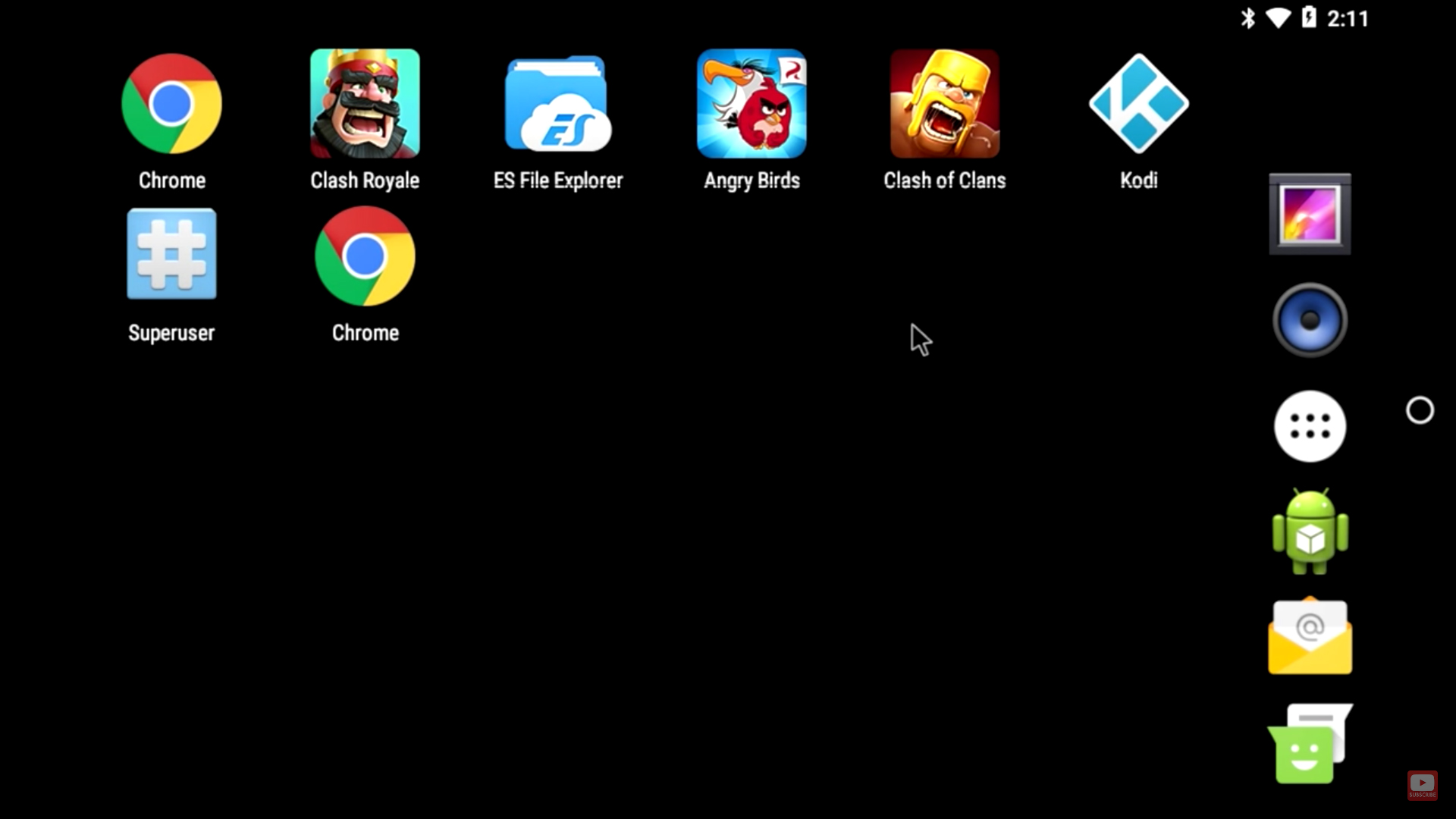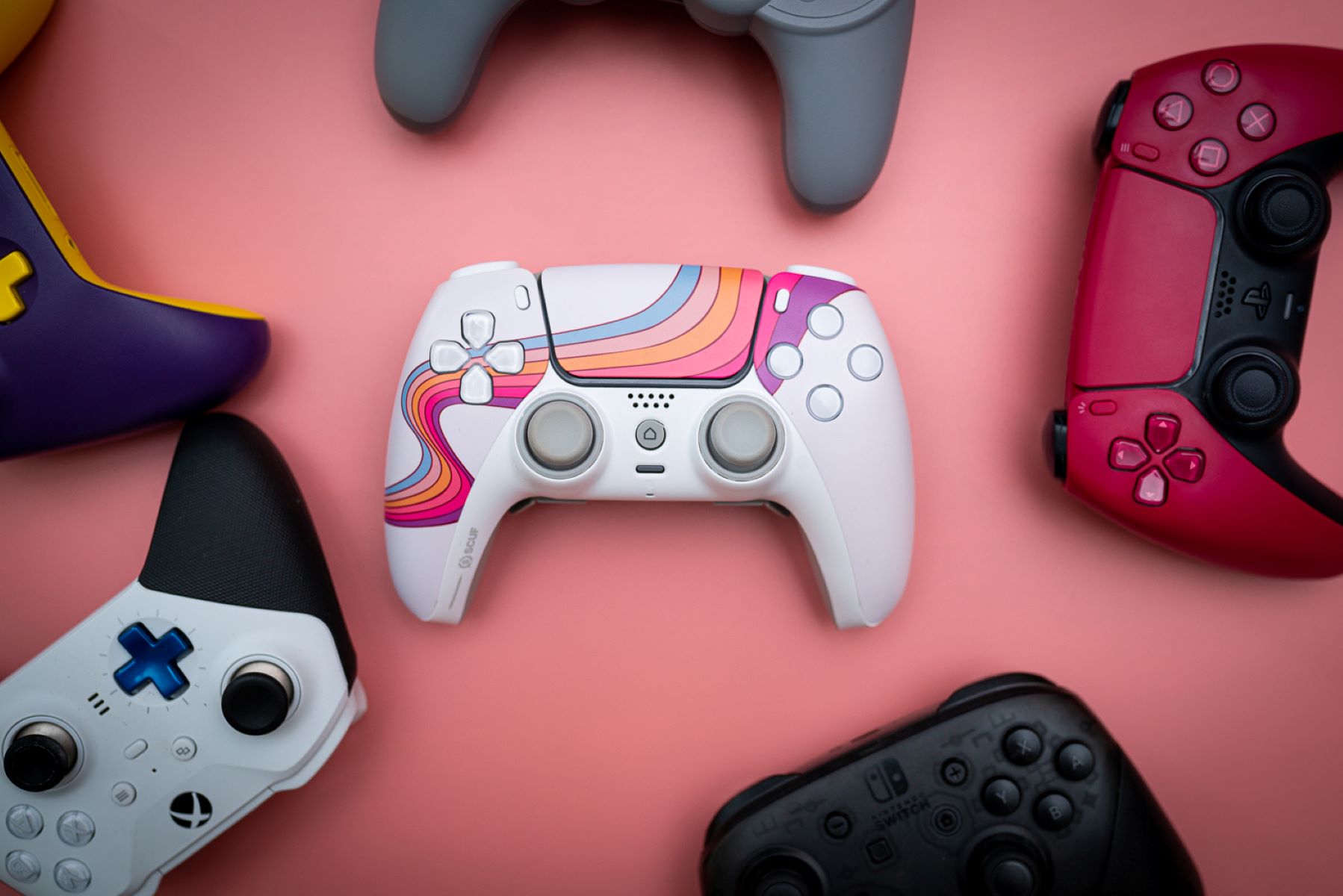Introduction
Introduction
Retro gaming enthusiasts often turn to the Raspberry Pi 3 and RetroPie to relive the nostalgia of classic video games. However, to fully enjoy the gaming experience, a compatible game controller is essential. Fortunately, the Raspberry Pi 3 RetroPie setup supports various game controllers, including USB and Bluetooth options. In this guide, we will explore the different types of game controllers that work seamlessly with the Raspberry Pi 3 RetroPie, as well as the process of setting them up for an immersive gaming experience.
Whether you prefer the classic feel of a wired controller or the convenience of a wireless one, there are numerous options available for integrating game controllers with your Raspberry Pi 3 RetroPie setup. From iconic retro controllers to modern gamepads, the versatility of the Raspberry Pi 3 RetroPie platform ensures that gamers can choose the controller that best suits their preferences.
As we delve into the world of game controllers for the Raspberry Pi 3 RetroPie, we will discuss the compatibility, features, and setup process for both USB and Bluetooth controllers. By the end of this guide, you will have a comprehensive understanding of the game controller options available for your Raspberry Pi 3 RetroPie setup, empowering you to select and configure the ideal controller for your gaming needs. Let's embark on this journey to discover the perfect game controller for your Raspberry Pi 3 RetroPie gaming adventures.
USB Game Controllers
When it comes to connecting game controllers to your Raspberry Pi 3 RetroPie setup, USB controllers offer a convenient and reliable option. The Raspberry Pi 3 features multiple USB ports, making it effortless to integrate a wide range of USB game controllers for an authentic retro gaming experience.
USB game controllers come in various forms, from classic retro controllers to modern gamepads, providing gamers with diverse options to suit their preferences. Many iconic controllers, such as the Nintendo Entertainment System (NES) controller or the Sega Genesis gamepad, are available in USB versions, allowing enthusiasts to relive the gaming nostalgia of yesteryears.
One of the key advantages of USB game controllers is their plug-and-play functionality. Once connected to the Raspberry Pi 3, these controllers are typically recognized instantly by the RetroPie system, requiring minimal setup. This seamless integration ensures that gamers can quickly immerse themselves in their favorite retro games without encountering compatibility issues or complex configuration processes.
Furthermore, USB game controllers often feature a familiar layout and ergonomic design, mirroring the feel of original retro controllers while incorporating modern enhancements for enhanced comfort and precision. This combination of nostalgia and functionality makes USB game controllers an appealing choice for Raspberry Pi 3 RetroPie gamers.
Whether you prefer the simplicity of a classic USB joystick or the versatility of a multi-button gamepad, the Raspberry Pi 3 RetroPie platform accommodates a wide array of USB game controllers, catering to the diverse preferences of retro gaming enthusiasts. The next section will explore the compatibility and setup process for Bluetooth game controllers, offering an alternative wireless solution for an immersive gaming experience.
Bluetooth Game Controllers
For gamers seeking wireless freedom and convenience, Bluetooth game controllers provide an excellent alternative for the Raspberry Pi 3 RetroPie setup. With the Raspberry Pi 3’s built-in Bluetooth capabilities, connecting compatible Bluetooth game controllers is a seamless process, offering a cable-free gaming experience.
Bluetooth game controllers come in various designs, from compact handheld controllers to full-sized gamepads, ensuring that gamers can select a controller that best suits their gaming preferences. These controllers often feature ergonomic designs and intuitive button layouts, providing a comfortable and familiar gaming experience for retro gaming enthusiasts.
One of the primary advantages of Bluetooth game controllers is their wireless connectivity, which eliminates the constraints of wired controllers and allows for greater flexibility in gaming setups. Whether you prefer gaming from the comfort of your couch or need to accommodate multiple players, Bluetooth controllers offer the freedom to enjoy retro gaming without being tethered to the Raspberry Pi 3.
Furthermore, the compatibility of Bluetooth game controllers with the Raspberry Pi 3 RetroPie system is extensive, with many popular controllers, such as those designed for modern gaming consoles, being readily recognized and supported. This broad compatibility ensures that gamers have a wide selection of Bluetooth controllers to choose from, including those with specialized features such as motion controls and touchpads.
Setting up Bluetooth game controllers with the Raspberry Pi 3 RetroPie platform is a straightforward process, typically involving a few simple configuration steps within the RetroPie interface. Once paired, Bluetooth controllers offer a hassle-free gaming experience, allowing gamers to dive into their favorite retro games with ease.
Whether you prefer the sleek design of a handheld Bluetooth controller or the familiarity of a traditional gamepad, the Raspberry Pi 3 RetroPie setup accommodates a diverse range of Bluetooth game controllers, providing wireless gaming solutions that enhance the retro gaming experience. The following section will delve into the process of setting up game controllers, both USB and Bluetooth, with the RetroPie system, ensuring that gamers can seamlessly integrate their preferred controllers for an immersive gaming journey.
Setting Up Game Controllers with RetroPie
Configuring game controllers with the RetroPie system on the Raspberry Pi 3 is a user-friendly process that ensures seamless integration and optimal gaming performance. Whether utilizing USB or Bluetooth game controllers, the RetroPie interface simplifies the setup procedure, allowing gamers to customize controller settings and mappings to suit their individual preferences.
When connecting USB game controllers to the Raspberry Pi 3, RetroPie typically recognizes the controllers automatically, requiring minimal user intervention. However, for those seeking to fine-tune the controller settings or remap buttons, RetroPie offers a straightforward configuration tool accessible through the EmulationStation interface. This tool enables users to customize button mappings, adjust sensitivity, and configure hotkeys, ensuring that the USB game controllers are tailored to the user’s gaming style.
Similarly, setting up Bluetooth game controllers with RetroPie involves initiating the pairing process through the RetroPie settings menu, which guides users through the simple steps of discovering and connecting compatible Bluetooth controllers. Once paired, users can access the controller configuration tool to refine the button mappings and optimize the controller’s performance for a seamless gaming experience.
For both USB and Bluetooth game controllers, RetroPie’s intuitive configuration options empower gamers to personalize their controller settings, enabling them to adapt the controls to specific game requirements and personal preferences. This flexibility ensures that gamers can enjoy their favorite retro titles with controllers that are tailored to their individual play styles.
Additionally, RetroPie supports the use of multiple controllers, allowing for multiplayer gaming experiences with friends and family. Whether engaging in cooperative gameplay or competitive matchups, RetroPie’s multi-controller support ensures that all players can connect their preferred controllers and join in the retro gaming fun.
By providing a user-friendly interface for setting up game controllers, RetroPie enhances the overall gaming experience on the Raspberry Pi 3, offering a seamless integration process that empowers gamers to immerse themselves in the world of retro gaming with their preferred controllers. With the controllers successfully configured, gamers can embark on their retro gaming adventures with the assurance of a personalized and optimized gaming setup.







